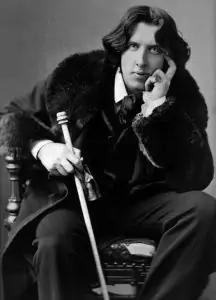- 3-minute read
- 27th September 2016
Get Creative! (5 Tips for Writing Poetry and Fiction)
Here at Proofed, we tend to focus on formal and academic English. But life isn’t all about PhD dissertations and business reports, so today we’re looking at creative writing!

This encompasses many things, from novels and poetry to screenplays and songwriting, each of which requires a different approach. Nevertheless, the following tips should be helpful if you’re not sure where to begin with your creative project.
1. Time to Experiment!
As mentioned, creative writing includes many different styles and forms. You might already have a good sense of the writing style that suits you, but playing around with different ways of telling the same story or expressing the same idea can lead to interesting places!
Likewise, if you’re not sure what kind of creative writing you want to try, reading work by different writers in lots of different styles is a great way of getting inspired.
2. Start Small
Maybe you’ve never written any fiction before, yet you’ve had a great idea for the next Harry Potter or Game of Thrones. That’s awesome, but you might want to start with something a bit more succinct before launching into the first volume of your seven-part fantasy epic.
Working on shorter stories to begin with will help you develop the skills you need to be a great writer one day. Even George R. R. Martin started out writing about his pet turtles!

3. Just Write!
We all struggle to write sometimes and getting started can be especially difficult. There are many ways to tackle writer’s block, but one of the best is just to begin writing.
Find this useful?
Subscribe to our newsletter and get writing tips from our editors straight to your inbox.
This might sound strange, but not letting a lack of inspiration get the better of you is crucial. Even writing a small amount every day will soon add up and you can edit or delete anything you aren’t happy with later on. The important thing is getting some momentum going.
4. Carry a Notebook
Coming up with something original is possibly the hardest part of creative writing, so you should carry a notebook around with you to write down ideas as soon as they occur.
Keeping a pen and paper by the bed is a good idea, too, since you might be lucky enough to wake up with a great idea for something to write in your head!

5. Break the Rules!
It’s not often that a proofreader will tell you it’s OK to abandon conventional grammar and spelling. Sometimes, however, creative writing requires bending the rules a little.
In a novel or a play, for instance, you’ll often have to use informal English if you want dialog to sound realistic. Likewise, since poetry uses language in a very different way to prose, breaking the rules of grammar and spelling can help you to express yourself.
Just don’t do the same thing next time you’re writing an academic essay or a report at work!




